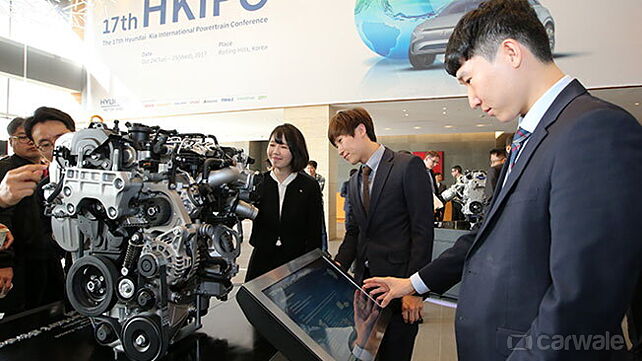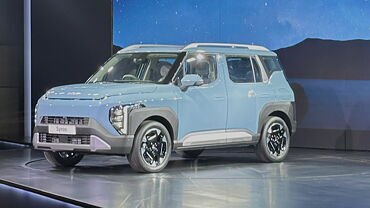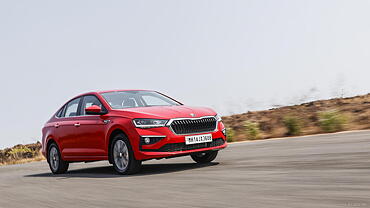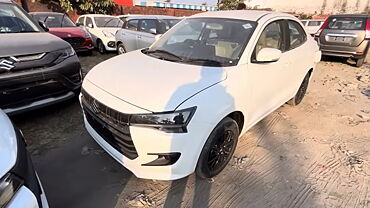
Hyundai Motor Group (HMG) presented their next-generation powertrain strategy at the International Powertrain Conference held in Seoul, Korea. The carmaker showcased their new ‘Smart Stream’ powertrain technology apart from a fuel-cell powertrain and their strategic future plans.
Under the Smart Stream powertrains, Hyundai Group showcased four engines and two transmissions. There are 1.6-litre petrol and diesel engines that will make their way to all the Hyundai Motor Group vehicles (which includes Hyundai, Kia and Genesis). The engine finds the first commercial application of Continuously Variable Valve Duration (CVVD) technology. In the 1.6G turbo engine, the opening and closing of the cylinder valve are timed according to the various driving modes with the CVVD. The transmission is an eight-speed wet dual-clutch unit.
With the advanced combustion techniques of the Smart Stream engines, the Korean carmaker aims to maximize thermal efficiency by up to 50 per cent. By 2022, Hyundai Motor Group aims to develop an all-new Smart Stream powertrain line-up including 10 gasoline engines, six diesel engines, and six transmissions.
For the future, HMG promises more electric, fuel cell, and plug-in hybrid powertrains alongside the new Smart Stream powertrain. They plan to shift focus on producing more alternative powertrains with better battery capacity and increase the electric-only range.
The Fuel Cell Electric Vehicle (FCEV), on the other hand, will get the next-generation hydrogen powertrain. The new hydrogen-driven vehicle will have a range of 800km, a power output of 160bhp, and the largest hydrogen storage density of any Fuel Cell vehicle in the market, promises Hyundai. This will be the third-gen hydrogen-powertrain by the carmaker.
Apart from all this, Hyundai Motor Group also plans to introduce no less than 31 eco-friendly models to the global market by 2020.


































